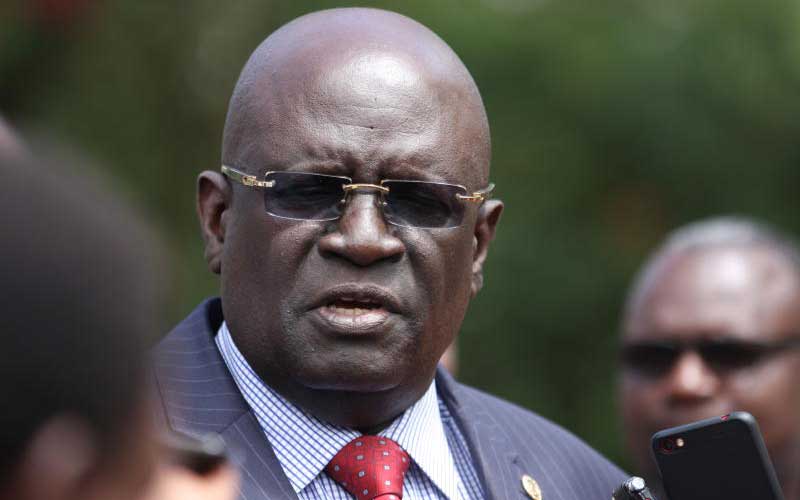×
The Standard e-Paper
Fearless, Trusted News

With the question of national examinations resolved and location of junior secondary schools settled, focus now turns to the finer details of transition under the 2-6-3-3-3 education system.
Smooth movement from primary to secondary schools still remains a concern, with parents and education players calling on the government to address the gray areas.